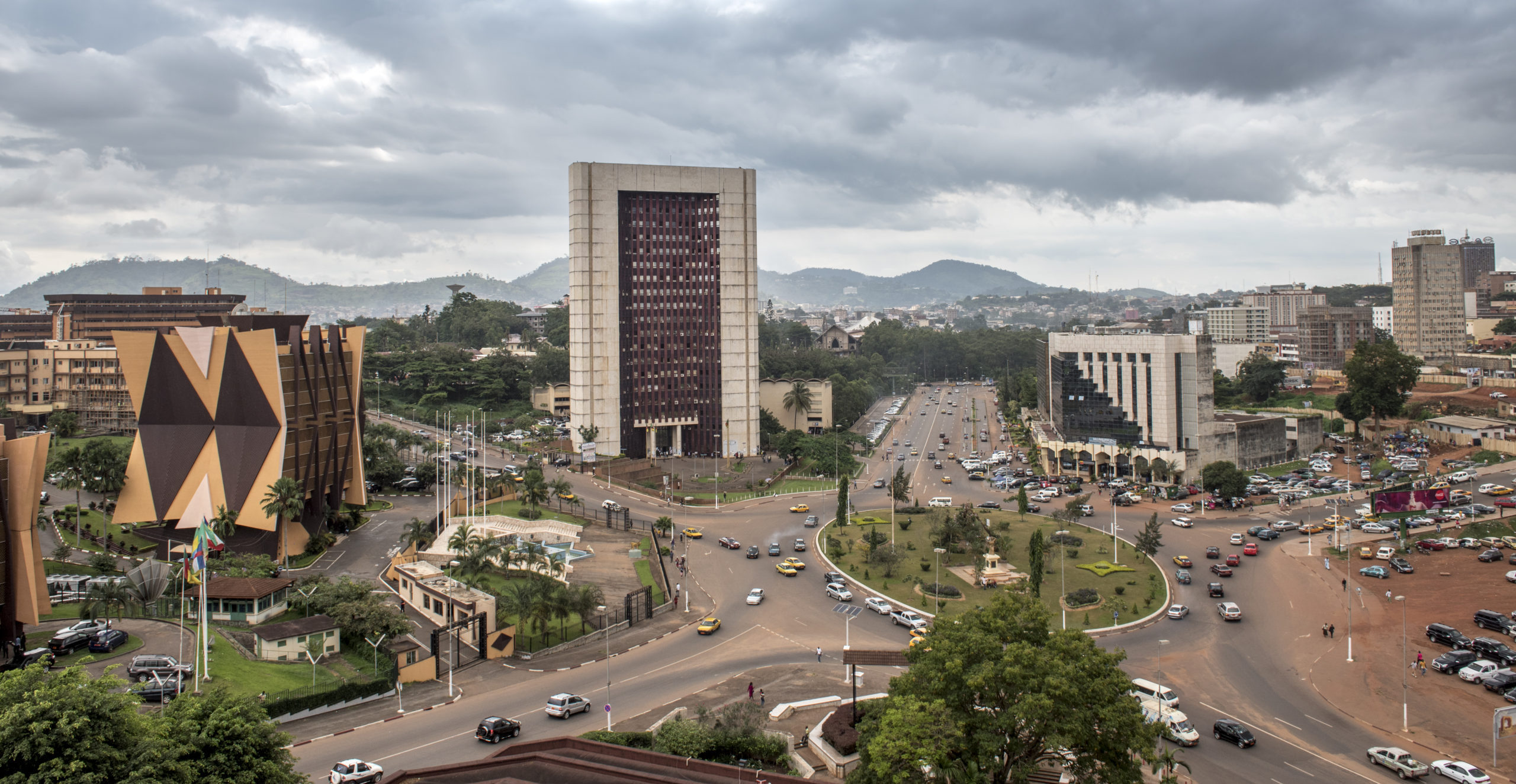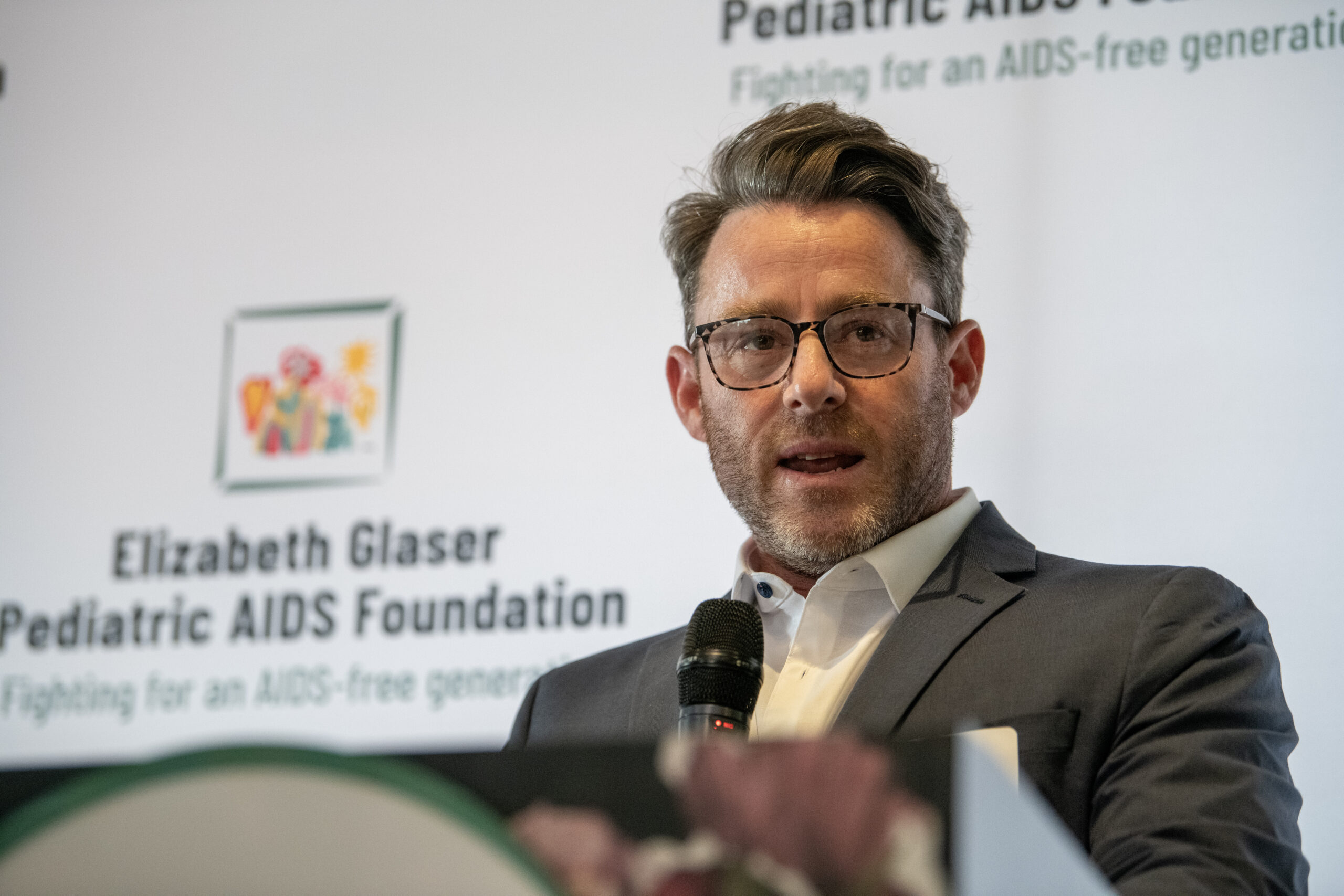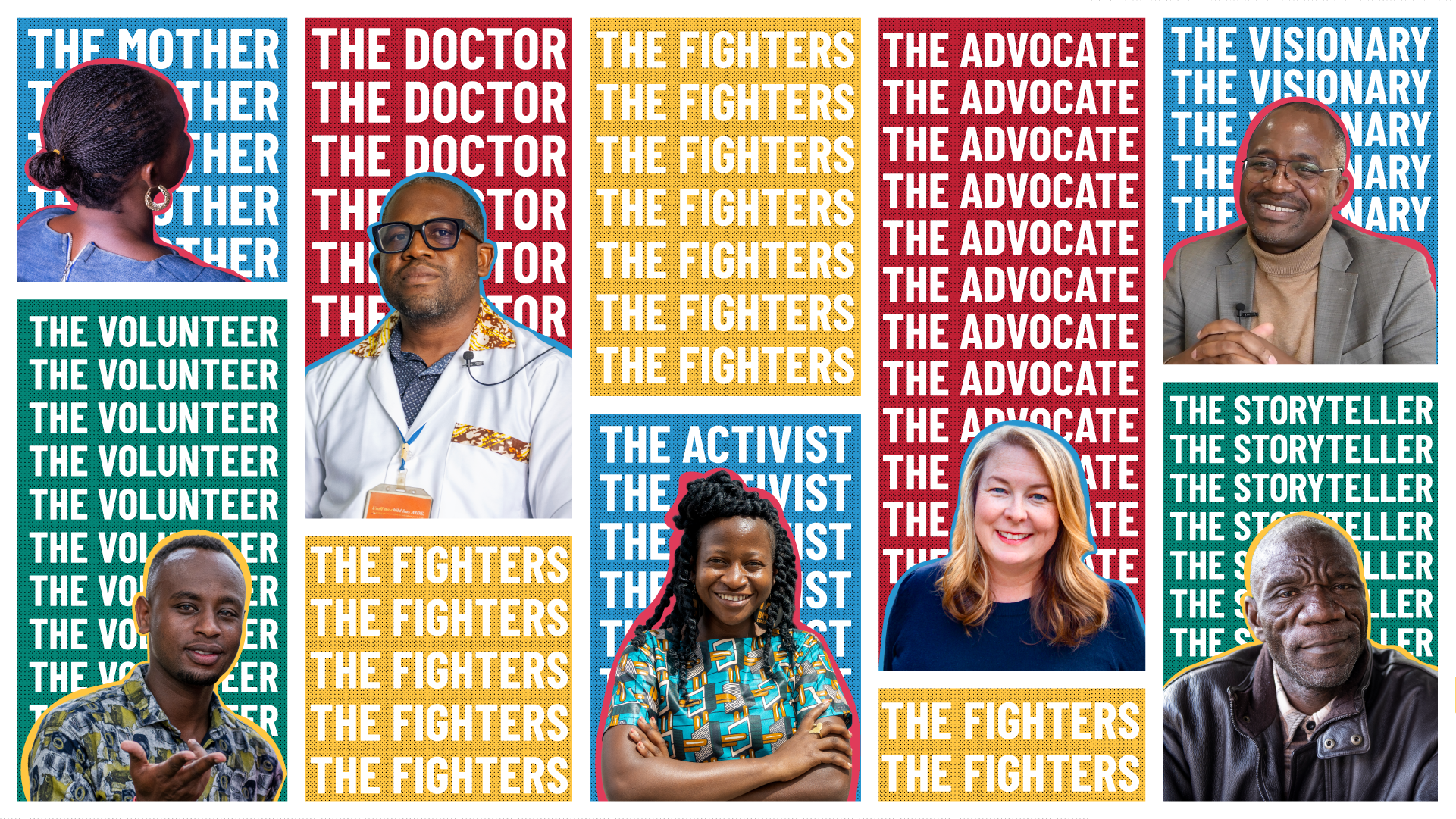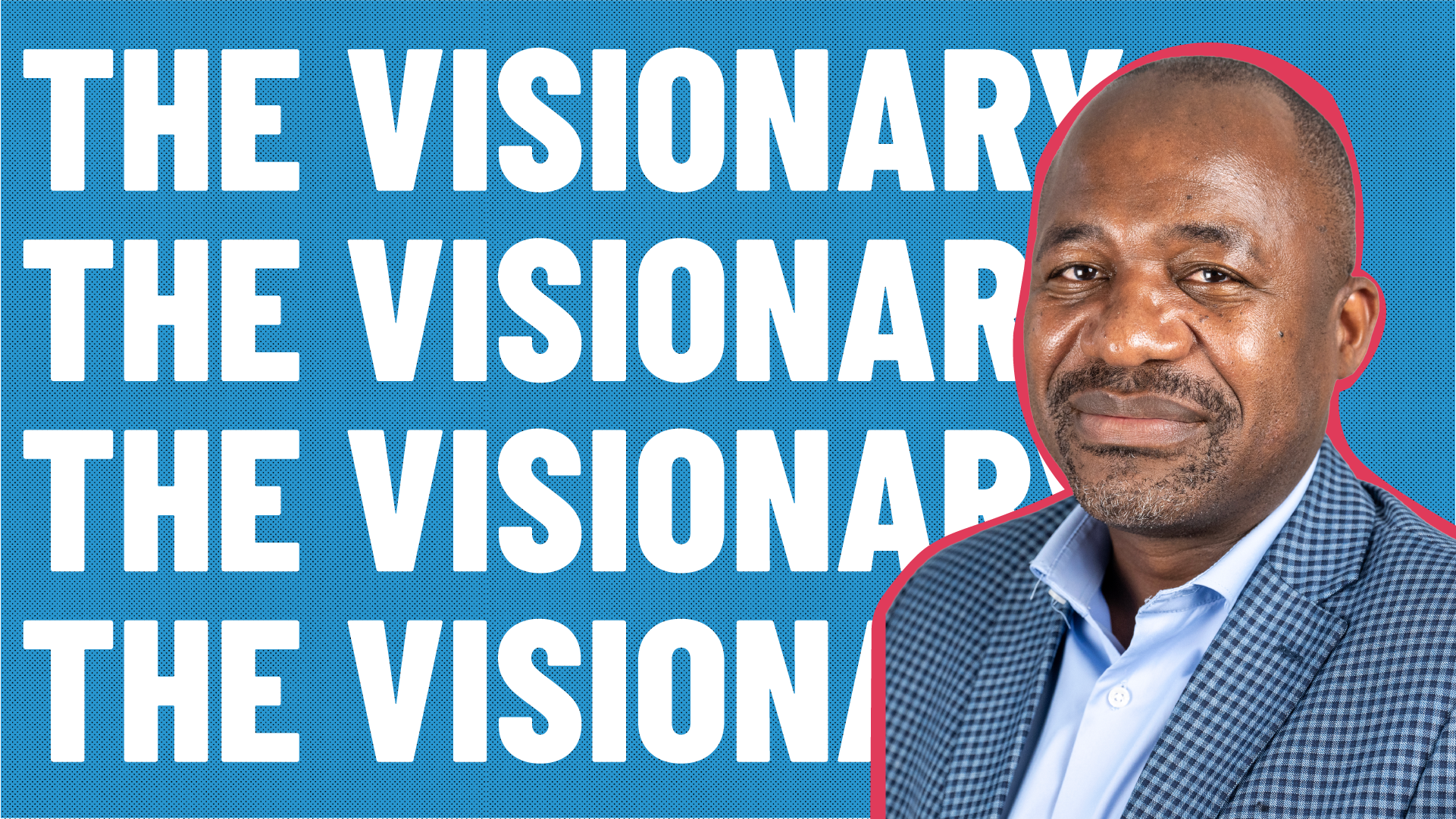How has COVID-19 affected the global fight to end AIDS? Recently, Rhoda Igweta, associate director of Public Policy and Advocacy at the Elizabeth Glaser Pediatric AIDS Foundation (EGPAF), sat down (over Zoom) to chat with John Ditekemena, MD, MPH, PhD, the country director of EGPAF-Cameroon, about how operations and programs have modified to meet the challenges of COVID-19. Previously, Dr. Ditekemena was the country director of EGPAF-Democratic Republic of Congo for more than nine years.
This is Part II of the conversation. Read Part I here.
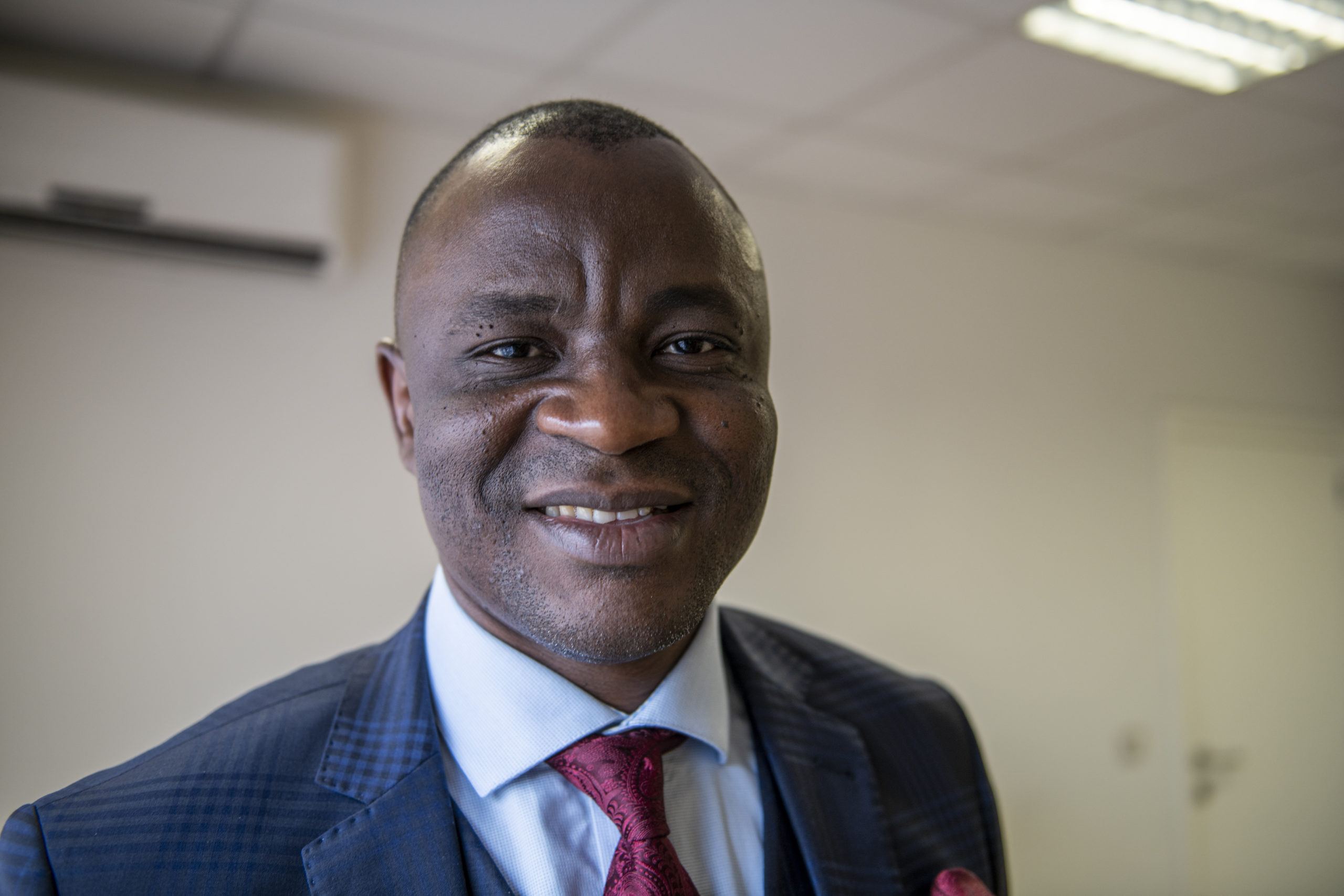
Rhoda Igweta: You have written in Science Magazine about managing a double epidemic with the outbreak of Ebola coinciding with COVID-19. How are you managing both these situations?
John Ditekemena: The recent Ebola outbreak (2018-2020) in the Democratic Republic of Congo (DRC) was really very challenging because it happened in the conflict region, where there are a lot of rebel groups and unrest.
Beyond conflict, the outbreak was challenging because the community did not trust those who were managing the outbreak. It was a nightmare because—despite all the measures we had in place to combat the disease—community members were reluctant to accept those measures, thinking that maybe that was some kind of disease manufactured as part of a plot to get more funding from outside of the country.
When the COVID-19 pandemic grew to the scale that we knew it would impact the DRC, I learned that officials understood that community trust would be essential, and so they learned from the Ebola epidemic. They included religious leaders and other stakeholders from the community. They went through the process of focus groups, having frank discussions with them and seeking their counsel on handling the issue.
I think this process was done very well. They came up with a plan that included a lot of international organizations, but also reflected the insight and needs of the community.
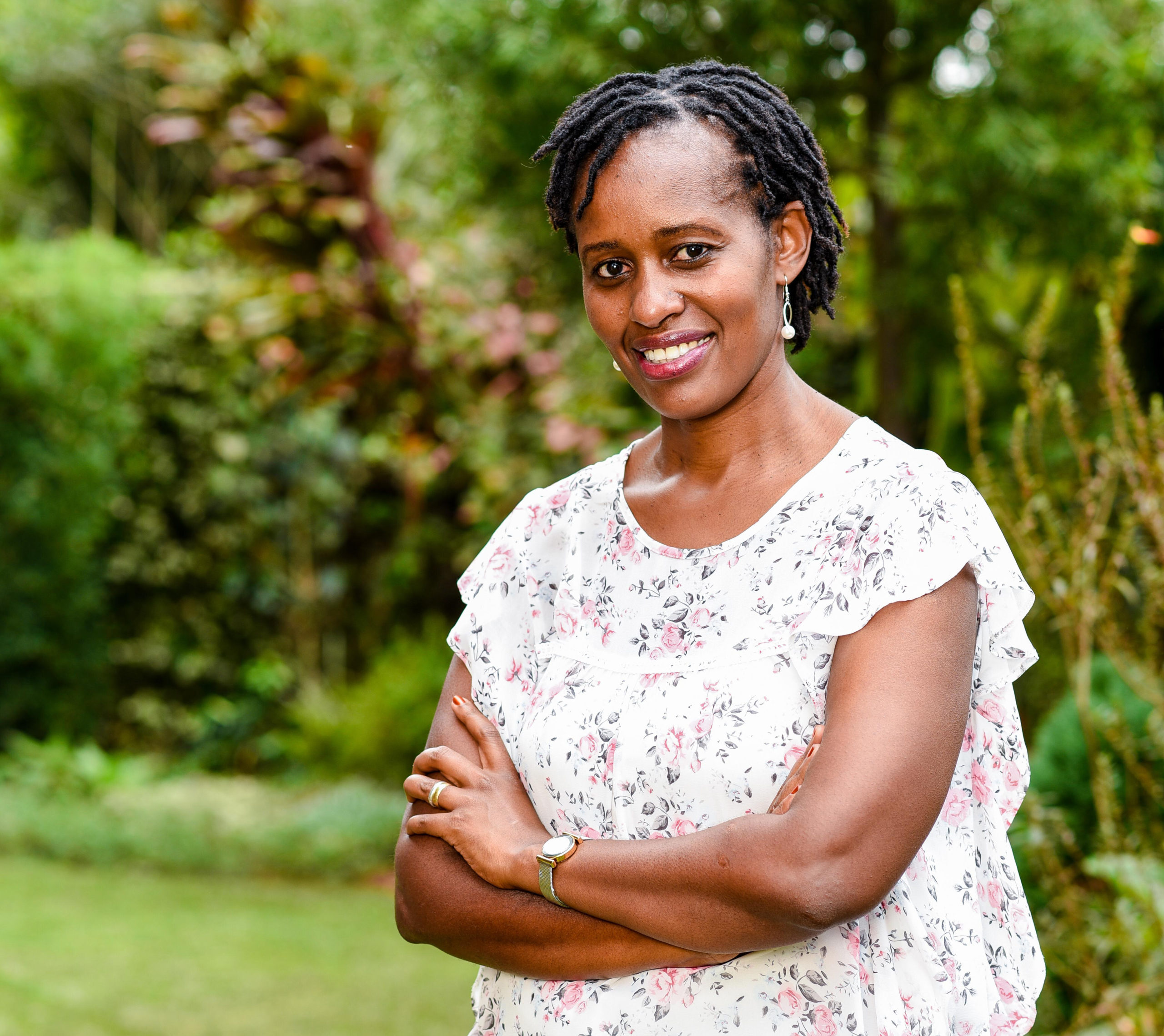
Rhoda Igweta: What can you say about what we’re seeing with the economic hardships? Can you speak a little bit about the hunger situation that we are seeing in West and Central Africa?
John Ditekemena: Yes, that’s a really a big issue, and Central and Western Africa are the regions that are struggling compared to other regions.
In Cameroon, for instance, you know that before COVID-19 we were already facing unrest and war in the north and southwest regions. COVID-19 worsened the situation there. In the northern part of Cameroon, on the border with Nigeria, people are mostly involved in agriculture, and they used to sell products outside of the country. Given COVID-19 and the lockdowns, we can expect some issues with hunger.
Most of the people are living under the poverty line, and most of the people are working day to day to get something to eat.
In the DRC, we call that Article 15: some people in the family are prioritized to eat normally today, and other people from the family can eat normally the next day.
With COVID-19, the lockdown really impacted small businesses. Most of the businesses lost capital, and this is really very critical. Most people are going through a recession, and this is really unacceptable, and I think it requires really big attention from everybody.
In Cameroon, we have been fighting for elimination of user fees for medical treatment, but now I’m afraid that they will raise the fees again, making it harder for people to be able to pay for medical services, especially given the recession.
Rhoda Igweta: What do you see as the medium- to long-term impact of COVID-19 on the national health system?
John Ditekemena: According to the UN, an estimate of 5 billion people will lack access to essential health services by 2030. This is really worrisome, especially now that COVID-19 has impacted the health system. We need to articulate the message that, while the elimination of HIV may be delayed, we cannot give up. Stakeholders should be sitting down together to assess, strategize, and support plans to adapt accordingly.
I remember having a meeting with the head of the Cameroon COVID-19 Task Force, and she was telling me that the important thing to do first is to assess the impact of COVID-19 on the health system. That is very critical, because we don’t yet know the real impact. We need to be able to make evidence-based decisions.
The important thing to do first is to assess the impact of COVID-19 on the health system. That is very critical, because we need to be able to make evidence-based decisions.
For instance, in terms of human resources, we have people infected, and others are scared to work in the health facilities. We can anticipate that some health staff, those who are afraid, may even resign, but we do not know. Additionally, we are losing those healthcare workers who pass away from COVID-19. When the impact is so great, those facilities may be afraid to conduct technical assistance trainings, or even regular services, for fear of COVID-19.
COVID-19 is also having an impact on financing—we don’t actually know whether PEPFAR [the U.S. President’s Emergency Plan for AIDS Relief] or the Global Fund will keep the same momentum for HIV or if there is a drop in funding because of a need to invest in PPE [personal protection equipment] and other COVID-19 needs. I fear that this threatens funding that formerly supported HIV programs.
We are going to experience some delays in terms of delivery of ARVs [antiretroviral medications], TB drugs, and test kits, because most of those manufacturing companies have been under lockdown. This impact on supply chain management, programmatically, is tremendous. We can anticipate some clients developing resistance to drugs, and consequent treatment failures due to drug shortages. We need to be prepared for that.
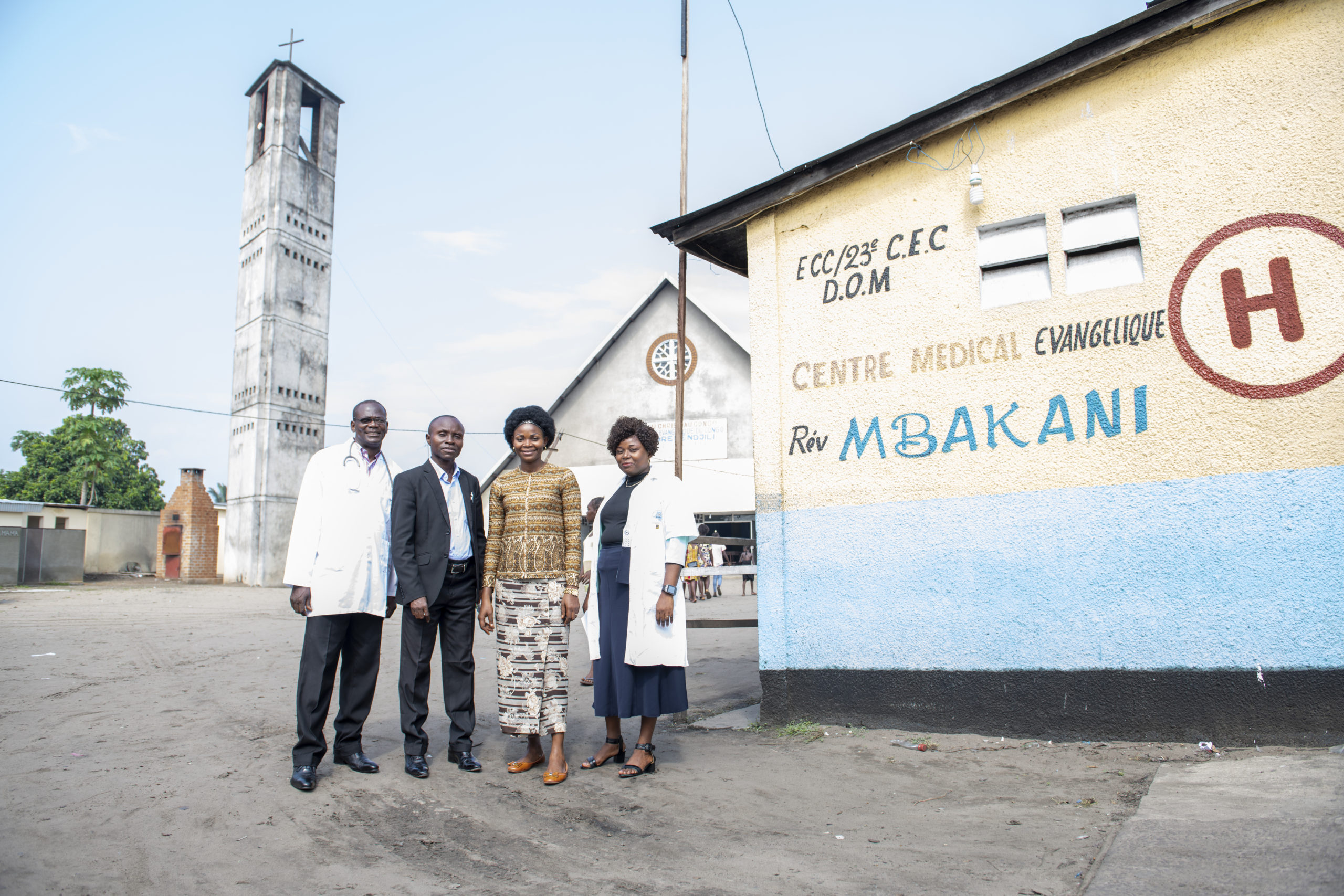
The laboratories are prioritizing COVID-19 testing needs. But COVID-19 tests delay the turnaround time for TB testing and viral load testing, which is key to HIV suppression. So we need to find a way to address COVID-19 without reducing HIV services.
We need a lot of advocacy to help people remember that elimination of HIV is our major mission. Otherwise, we may be left behind when decisions are being made for the funding.
Rhoda Igweta: What is needed the most from the global HIV response right now?
John Ditekemena: Advocacy, advocacy, and advocacy. We need robust and well-articulated advocacy. And we cannot simply say that we need to invest in HIV; we need to go further and advocate for integrating COVID-19 into our HIV work. We already have a mission: to end AIDS in children, youth, and families. We must always have our mission in mind, but the tactics to achieving our mission are different considering that COVID-19 is part of our life now, and will likely be a part of our life for some time to come. We need to know how to live with COVID-19. Telecommuting should be something we streamline, including remote training.
Rhoda Igweta: So, just as we wrap up, I would summarize what you’ve said that we need to be evidence-driven and use the lessons learned to ensure integration—because the health system is serving the individual; it does not serve one disease. Is there anything else that you’d like to add that we may not have discussed?
John Ditekemena: I think smart people learn from difficult situations and they prepare themselves for the future. This is key. I don’t know if there is another COVID-19 wave coming. So I think this is a good time for us to prepare ourselves in terms of our work approach.
We need to document what we’re doing now, and we need to continue to play a key role as a leader in international health.

